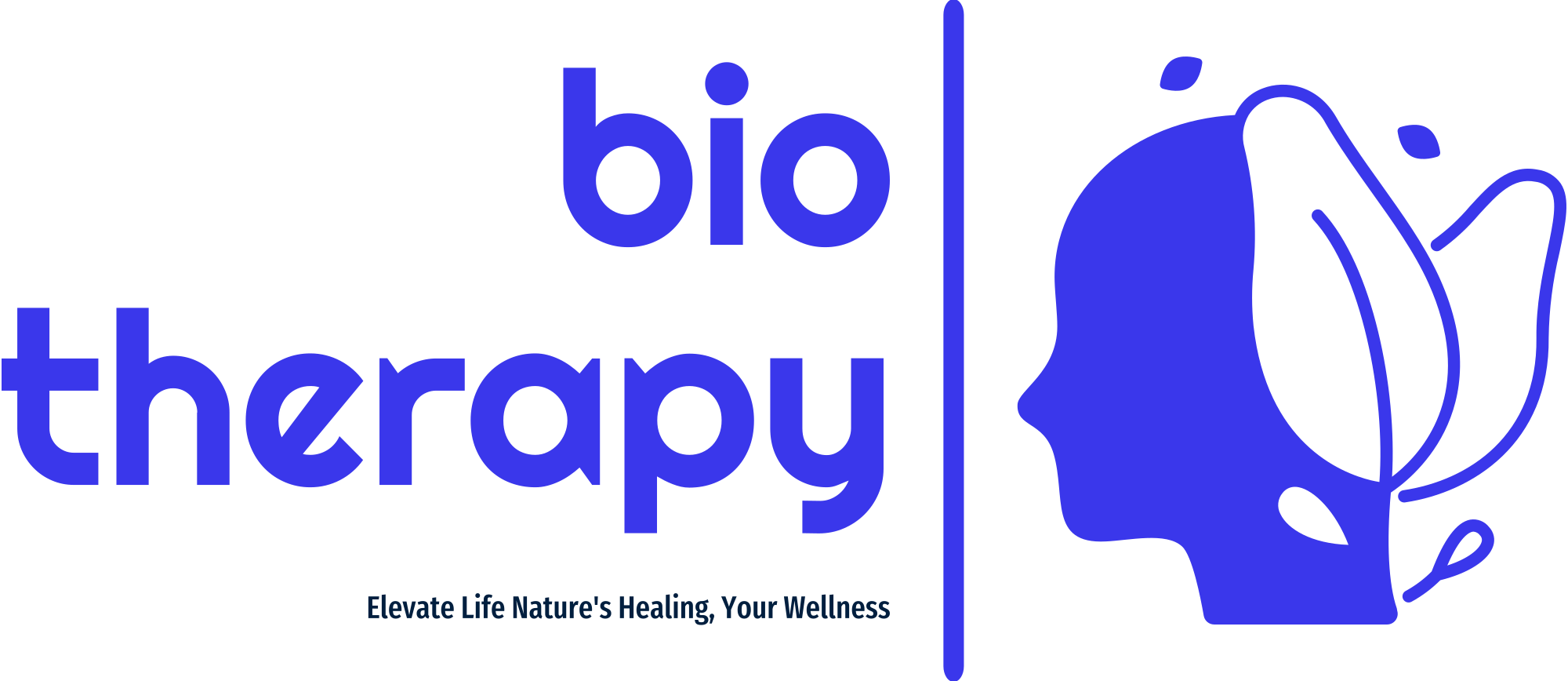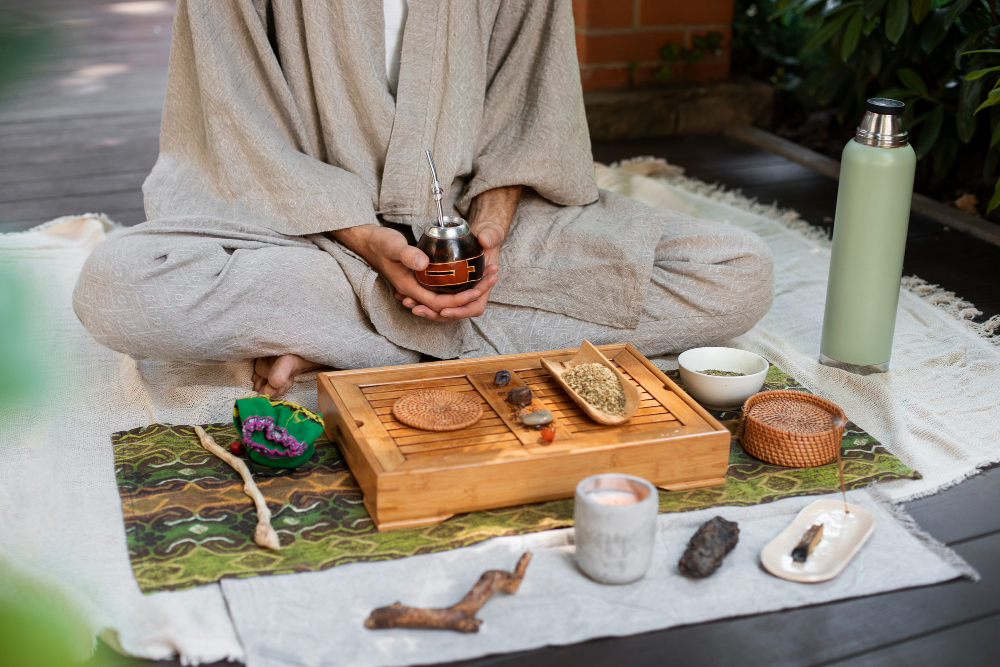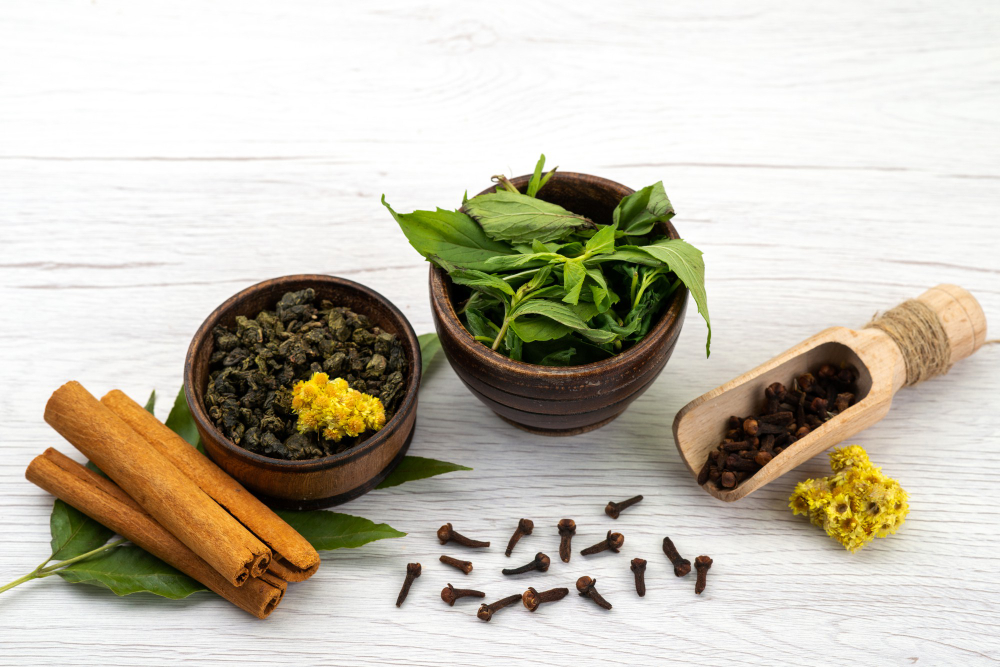
In this comprehensive guide, we delve into the fascinating world of herbal and plant extracts. These natural wonders have been used for centuries for their various health benefits and medicinal properties. As we explore the intricate details of herbal and plant extracts, we aim to provide you with a deep understanding of their uses, benefits, and how you can incorporate them into your daily life. Join us on this journey to unlock the secrets of nature's pharmacy.
What Are Herbal and Plant Extracts?
Herbal and plant extracts are concentrated forms of compounds and active ingredients derived from various parts of plants and herbs. These extracts are known for their therapeutic and medicinal properties and have been used across different cultures and traditions for their healing abilities. They can be sourced from roots, leaves, stems, flowers, and even fruits.
The Diversity of Herbal and Plant Extracts
The world of herbal and plant extracts is incredibly diverse, with each extract offering unique benefits. Here are some common types of herbal and plant extracts and their applications:
1. Ginseng Extract
Ginseng extract is renowned for its adaptogenic properties. It is commonly used to enhance energy levels, reduce stress, and support overall well-being. This extract is derived from the roots of the ginseng plant.
2. Turmeric Extract
Turmeric extract contains curcumin, a powerful anti-inflammatory and antioxidant compound. It is often used to alleviate joint pain, improve digestion, and boost the immune system. Turmeric extract is obtained from the rhizomes of the turmeric plant.
3. Aloe Vera Extract
Aloe vera extract is known for its soothing and healing properties. It is used to treat skin conditions, including burns and wounds. The gel is extracted from the leaves of the aloe vera plant.
4. Echinacea Extract
Echinacea extract is used to boost the immune system and prevent and treat colds and respiratory infections. It is typically sourced from the roots and above-ground parts of the echinacea plant.
5. Green Tea Extract
Green tea extract is rich in antioxidants, particularly catechins, which have various health benefits. It's commonly used for weight management and promoting heart health. Green tea extract is derived from the leaves of the Camellia sinensis plant.
Benefits of Herbal and Plant Extracts
The benefits of herbal and plant extracts are wide-ranging. Here are some of the key advantages:
1. Natural Healing
Herbal and plant extracts offer natural remedies for a variety of ailments. They can provide relief from common health issues without the side effects associated with synthetic medications.
2. Antioxidant Properties
Many herbal extracts are rich in antioxidants, which help protect the body from oxidative stress and free radicals, reducing the risk of chronic diseases.
3. Support for the Immune System
Several plant extracts, such as echinacea, can boost the immune system, helping the body fend off infections and illnesses.
4. Stress Reduction
Adaptogenic herbs like ginseng and ashwagandha can help the body adapt to stress and improve overall resilience.
How to Use Herbal and Plant Extracts
Incorporating herbal and plant extracts into your daily routine is easier than you might think. Here are some common ways to use them:
1. Supplements
Many herbal extracts are available in supplement form, making it convenient to get your daily dose of these natural remedies.
2. Teas and Infusions
Brewing teas or infusions with herbal extracts is a delightful way to enjoy their benefits. Try a cup of green tea or chamomile tea for relaxation.
3. Topical Applications
Aloe vera gel, for instance, can be applied topically to soothe and heal skin irritations and burns.
4. Cooking and Culinary Uses
Turmeric and other spices with medicinal properties can be added to your meals for both flavor and health benefits.
Precautions and Consultation
While herbal and plant extracts offer numerous health advantages, it's important to exercise caution. Some extracts may interact with medications or have contraindications for certain medical conditions. Before incorporating new herbal remedies into your routine, it's advisable to consult with a healthcare professional or herbalist to ensure they are safe for you.
Conclusion
The world of herbal and plant extracts is a treasure trove of natural remedies, each with its own unique set of benefits. From ginseng to aloe vera, these extracts have been cherished for their healing properties for centuries. By understanding their diverse applications and how to use them, you can unlock the incredible potential of herbal and plant extracts to enhance your health and well-being.
Remember, while herbal extracts are generally safe, it's essential to consult with a healthcare professional to ensure they are suitable for your specific needs. Embrace the power of nature's pharmacy and enjoy the myriad benefits of herbal and plant extracts in your daily life.






